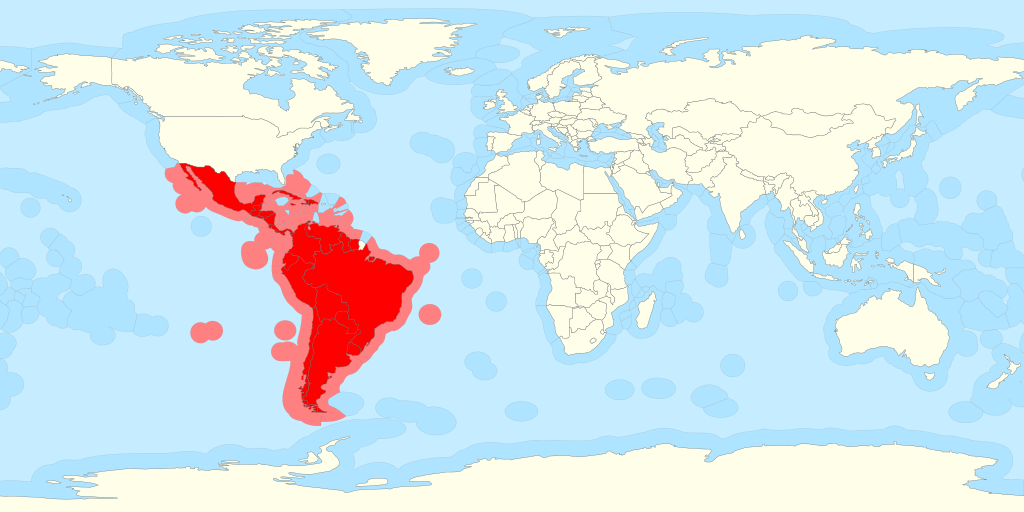RIO DE JANEIRO, BRAZIL – The Latin American and Caribbean States (CELAC) governments agreed to “strengthen” the regional organization after a meeting with foreign ministers held last week in Mexico City, which served to reflect on its future.
“Now more than ever, it is essential to understand that CELAC must be strengthened to face the challenges that persist, taking into consideration the need to adapt and adopt new approaches based on multilateralism,” the organization explained in its conclusions published today.

The member states considered that CELAC, founded in 2010, “has positioned itself as a mechanism capable of achieving consensus, consensus-building and regional political dialogue.”
At the meeting of foreign ministers held on July 24 on the occasion of the 238th anniversary of the birth of the liberator Simón Bolívar, Mexican President Andrés Manuel López Obrador proposed turning CELAC into “something similar” to the European Union to replace the Organization of American States (OAS).
The Mexican government, which holds the temporary presidency of CELAC from 2020, has led, together with Argentina, a mechanism for the production and distribution of AstraZeneca vaccines for the region and the Latin American and Caribbean Space Agency (ALCE).
In their conclusions, the member states committed to “continue to promote cooperation”, design annual work plans, and “reach a consensus” on a new mechanism for rotating the CELAC presidency to “strengthen the leadership” of the organization.
The Latin American and Caribbean countries also agreed to “maintain a pragmatic leadership of CELAC” that prioritizes “common objectives” over “bilateral differences” among its members.
The fact is that in 2017, CELAC “experienced a situation of stagnation as a result of the lack of consensus regarding the type of integration to be achieved”.
But during the current presidency, Mexico “has sought to revitalize the mechanism, which made it possible to agree on political positions,” the document highlighted.
At the Mexico City meeting, representatives of opposing governments, such as the Colombian vice-president and foreign minister, Marta Lucía Ramírez, and the Venezuelan foreign minister, Jorge Arreaza, were seated at the same table.
CELAC
The Community of Latin American and Caribbean States (CELAC) is a regional bloc of Latin American and Caribbean states. It consists of 32 sovereign countries in the Americas.
CELAC is an example of a decade-long push for deeper integration within Latin America. It was created to deepen Latin American integration and by some to reduce the significant influence of the United States on the politics and economics of Latin America.
It is seen as an alternative to the Organization of American States (OAS), the regional body that was founded by the United States and 21 other Latin American nations, originally as a countermeasure to potential Soviet influence in the region.
CELAC is the successor of the Rio Group and the Latin American and Caribbean Summit on Integration and Development (CALC). In July 2010, CELAC selected President of Venezuela Hugo Chávez and President of Chile Sebastián Piñera, as co-chairs of the forum to draft statutes for the organization.

